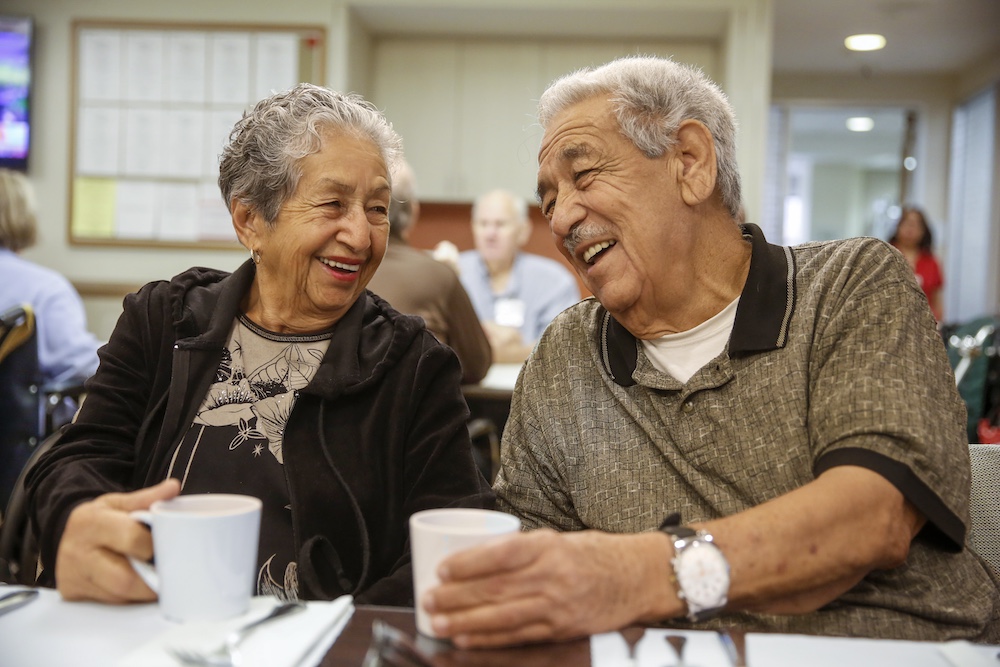By Randi Drasin, MS, RDN – Nutrition Department Supervisor, Brandman Centers for Senior Care (BCSC) PACE at Los Angeles Jewish Health

As our society continues to grow and evolve, there are more diverse needs when it comes to diet and food practices. Religion, culture, and ethnicity all play a part in our world, so our profession and perspectives are ever changing. Health care providers must continue to learn and expand our knowledge to include cultural awareness and competency in the area of nutrition.
So what is Culture Competence you ask?
Cultural competence is the ability to understand, appreciate, and interact with persons from cultures and/or belief systems other than one’s own, based on various factors.
At the Brandman Centers for Senior Care PACE (BCSC), one of our strengths is that we, as a team devoted to caring for senior’s health and well-being, are proactive in finding a correlation between a participant’s cultural background and their food preferences. This enables us to customize a dietary plan that works for each individual. Being culturally sensitive is an important area of focus for us to ensure we are helping participants from all backgrounds to maintain a quality lifestyle. Registered Dietitian Nutritionists, such as those employed by BCSC PACE are well versed in the science of food and nutrition, and recognize they must also be knowledgeable about how culture plays a significant role in senior’s choices about what they eat, when they eat, how and with whom they eat.
In today’s culture, many groups have their own established sets of dietary practices. Although we cannot be expected to learn them all, at BCSC PACE we understand it is best practice to conduct some research before meeting with a participant in order to ensure we will be providing the best possible, culturally appropriate care. The centrality of food in our lives involves multiple sets of rules, rituals, restrictions and traditions that often revolve around events such as: weddings; birthdays; funerals; fairs and religious celebrations. To earn the trust and build relationships with our participants, we must be able to offer nutrition guidance and food selections that fits their lifestyle, while accommodating any medical restrictions.
It is fundamental for healthcare and nutrition professionals to increase awareness of food traditions and the incredible variety of foods, herbs and spice, fruits and vegetables that have evolved over the years throughout the world’s many cultures. Countless ways of food preparation and food service have enriched our food horizons and expanded our view of what constitutes a healthy diet. Therefore, understanding the many aspects of other cultures is indispensable.
While we cannot be expected to travel to every country to experience local foods and dietary customs, we all have resources available to us, online, in source books and even in some of the hundreds of cookbooks that include International Cooking, to become culturally competent. As Dietitians at BCSC PACE, we provide the best possible healthy diet recommendations within each cultural setting in order to best serve both the health and quality of life needs for the participants in our care.
Let’s eat!
Bon Appetit
Vamos A comer
Meogja
Kain Na Tayo
Bo’o Lachul
For more information about PACE, call 844.952.7223









